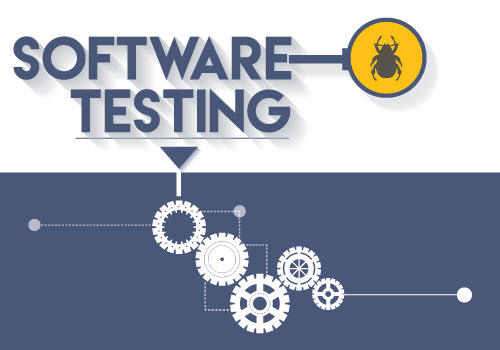Automated software testing is important due to following reasons:
- Manual Testing of all workflows, all fields, all negative scenarios is time and money consuming
- It is difficult to test for multilingual sites manually
- Automation does not require Human intervention. You can run automated test unattended (overnight)
- Automation increases the speed of test execution
- Automation helps increase Test Coverage
- Manual Testing can become boring and hence error-prone.






